News
-
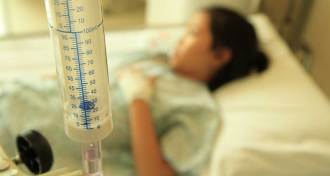 Health & Medicine
Health & MedicineA mysterious polio-like disease has sickened as many as 127 people in the U.S.
Medical experts are trying to trace the cause of 62 confirmed cases of acute flaccid myelitis this year.
-
 Neuroscience
NeuroscienceTo unravel autism’s mysteries, one neuroscientist looks at the developing brain
Autism researcher Kevin Pelphrey focuses on understanding signs of the disorder in the developing brain, which could shed light on the condition.
-
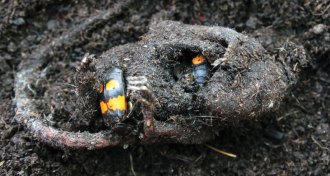 Animals
AnimalsIn cadaver caves, baby beetles grow better with parental goo
A dead mouse — with the right microbial treatment from beetle parents — becomes a much better nursery than your average carcass.
By Susan Milius -
 Genetics
GeneticsGenealogy databases could reveal the identity of most Americans
Keeping your DNA private is getting harder.
-
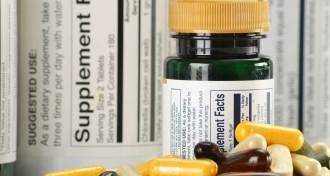 Health & Medicine
Health & MedicineHundreds of dietary supplements are tainted with potentially harmful drugs
Most dietary supplements tainted with pharmaceutical drugs were marketed for sexual enhancement, weight loss or muscle building.
-
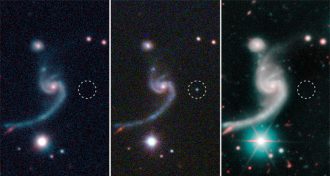 Astronomy
AstronomyThe first observed wimpy supernova may have birthed a neutron star duo
Scientists have spotted a faint, fast supernova for the first time, possibly explaining how pairs of dense stellar corpses called neutron stars form.
-
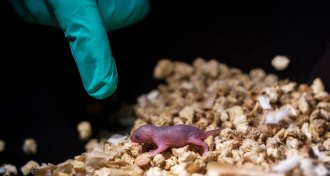 Life
LifeGene editing creates mice with two biological dads for the first time
Scientists have used CRISPR/Cas9 to make mice with two biological fathers.
-
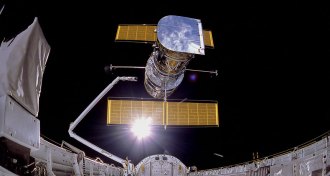 Astronomy
AstronomyIf the past is a guide, Hubble’s new trouble won’t doom the space telescope
Hubble is in safe mode, but astronomers are optimistic that the observatory will keep working.
-
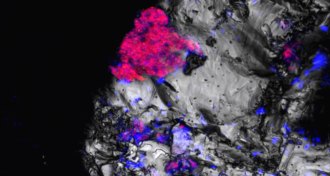 Earth
EarthThese light-loving bacteria may survive surprisingly deep underground
Traces of cyanobacteria DNA suggest that the microbes live deep below Earth’s surface.
-
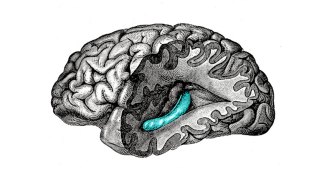 Neuroscience
NeuroscienceHow your brain is like a film editor
A brain structure called the hippocampus may slice our continuous existence into discrete chunks that can be stored as memories.
-
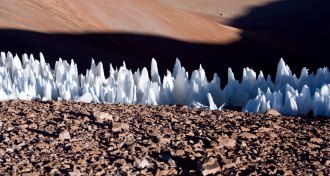 Planetary Science
Planetary ScienceSpiky ice spires may stud the equator of Jupiter’s moon Europa
Fields of jagged ice spires, if they exist, could affect where future spacecraft land on the Jovian moon.
-
 Climate
ClimateLimiting global warming to 1.5 degrees versus 2 has big benefits, the IPCC says
A new report from the Intergovernmental Panel on Climate Change compares the impact of warming targets on extreme weather, sea level rise and habitat loss.